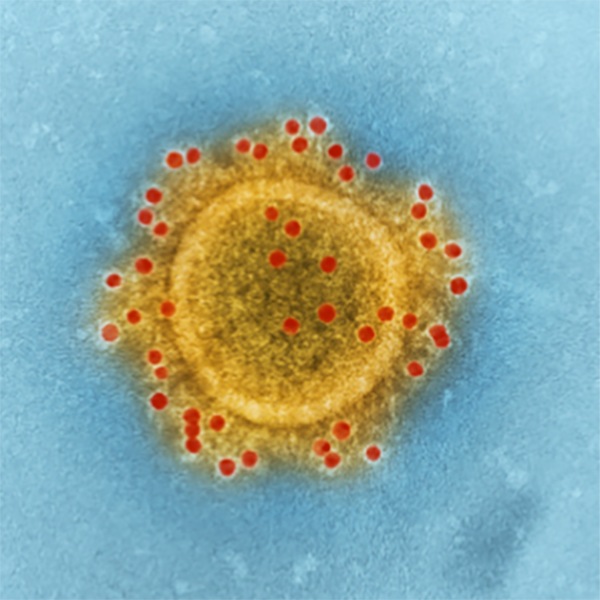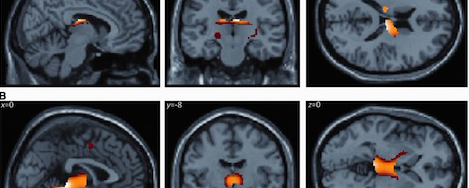
Post-Graduate Stories
Kaiqiong Zhao on Novel Statistical Modeling of Neuroimaging and Genetic Data With an Application to Alzheimer’s Risk Prediction
Kaiqiong’s project explores innovative methods for analyzing biomedical data to help predict the time to onset of Alzheimer’s disease.
Program: CANSSI Distinguished Postdoctoral Fellowship
Region: National
Date: 2021-2022
Project Focus Areas
Kaiqiong aims to develop innovative analytical methods and statistical inferences for large quantitative medical imaging and genetic data in biomedical research. Her goal is to help predict the time to onset of Alzheimer’s using multi-modality imaging and genetic data.
This research can substantially increase the ability of researchers to draw accurate, scientifically valid conclusions about Alzheimer’s mechanisms. This will help patients to cope with the disease and improve the lives of numerous patients and families in Canada and beyond.


Getting to Know Kaiqiong
Kaiqiong is a Ph.D candidate in the Department of Epidemiology, Biostatistics, and Occupational Health at McGill University. Her thesis is about developing statistical methods for analyzing whole-genome sequencing data for DNA methylation. She obtained an M.Sc. in computational biology from the University of Manitoba and an M.Sc. in statistics from the University of Windsor.
As a recipient of the CANSSI Distinguished Postdoctoral Fellowship, Kaiqiong will work under the supervision of Professor Linglong Kong at the University of Alberta and Professor Dehan Kong at the University of Toronto.
I am thrilled to have such an excellent opportunity to extend and deepen my scientific abilities. I look forward to acquiring more in-depth knowledge in high-dimensional functional data analysis, sparse learning and robust statistics from both supervisors, and establish collaborative projects with researchers from both universities.
About the Supervisors
Dr. Dehan Kong
Dehan is currently an Assistant Professor in the Department of Mathematical and Computational Sciences at the University of Toronto Mississauga and the Department of Statistical Sciences at the University of Toronto. He is a recipient of the Natural Sciences and Engineering Research Council of Canada (NSERC) Discovery Accelerator Supplements Award.
Currently, Dehan is serving as an associate editor for the Canadian Journal of Statistics and an editorial board reviewer for the Journal of Machine Learning Research. His main research area focuses on neuroimaging data analysis, statistical machine learning, functional data analysis, statistical genetics, and causal inference.
Dr. Linglong Kong
Linglong is an Associate Professor at the Department of Mathematical and Statistical Sciences of the University of Alberta and a Canadian Research Chair in Statistical Learning. He has published more than 50 peer-reviewed manuscripts, including top journals AOS, JASA and JRSSB, and top conferences ICML, ICDM, AAAI and IJCAI.
Currently, Linglong is serving as associate editor of the Journal of the American Statistical Association, the International Journal of Imaging Systems and Technology, and the Canadian Journal of Statistics. He’s a member of the Board of Directors of the Statistics Society of Canada and the Western North American Region of The International Biometric Society. Additionally, he’s an ASA Statistical Imaging Session program chair-past and the ASA Statistical Computing Session program chair-elect.
His research interests include statistical machine learning, high-dimensional data analysis, neuroimaging data analysis, robust statistics and quantile regression.
Explore More Stories
Find Related Programs
Genetic Correlates of Alzheimer’s DiseaNovel Statistical Modeling of Neuroimaging and Genetic Data With an Application to Alzheimer’s Risk Prediction is a CANSSI Distinguished Postdoctoral Fellowship project. This two-year program includes a substantial research project, applied interdisciplinary and teaching experience.
CANSSI Postdoctoral Fellowships are supported by a competitive salary. They provide opportunities for professional development and prepare postdoctoral fellows for success in a variety of careers.



